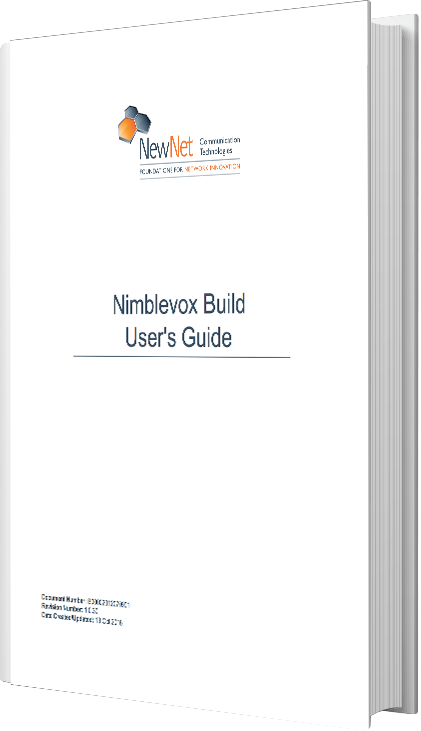I called the bank the other day and for a change I was blown away by the superb service. Guess what made the difference. I wasn’t talking to a human.
IVR has been met with both enthusiasm and scepticism by businesses & consumers.
Because customer service plays such a huge role in any company’s success businesses find it hard entrusting their customers to a ‘robot’. However, IVR can save time, effort and money. But this is only worthwhile benefits if it actually works.
On the other end of the spectrum consumers usually prefer conversing with humans rather than technology. With a robot you can’t have discussions to make yourself understood. This was how I felt. Until yesterday.
After a short, clear question and answer conversation I was instantly directed to the correct department. I admit I was so shocked at its accuracy I was speechless for a moment. But I take this as a good sign that IVR has improved enough that it’s now here to stay. If it keeps on impressing consumers this way it will become all its inventors were hoping for.
So let’s ready ourselves for what’s to come.
IVR in the Future
The reason I was so surprised is because this technology is still evolving and I didn’t realize the advances it made. Now at last it’s reaching a stage where there are more benefits than problems with the tech, software and features.
Below are a few improvements that are on their way. So if you have major concerns, get ready to be impressed the same way I was.
Improved Voice Recognition
This is the foundation of these systems but it has been the source of frustration for many users. An ideal voice recognition system will direct you to the menu, agent or department no matter what you say on the phone.
The technology is not quite there yet so at the moment you face one of these situations:
- – The IVR system provides you with a list of menu options. You have to press a number on your phone in accordance with the menu but this means you move the phone away from your ear and may miss some instructions.
– You’re asked what your preferred action is but the system doesn’t recognize what you’re saying.
These problems still occur because the human voice is difficult to dissect if you’re a robot. At the moment the technology enables the system to recognize certain words that have been programmed into the setup. Of course, if you don’t use those exact words—or even if you have a unique accent—the system gets confused.
So what does the future hold?
The technology has already improved a lot and as the tech enables easier recognition these calls will become more user friendly. You’ll be given less limiting options and more people’s speech will lead to quick resolutions.
AI Driven = More Happy Customers
One type of technology that will enhance IVR is AI. Artificial intelligence—like IVR—is quickly taking over the market to benefit businesses, workers and consumers.
Now imagine when these two are combined.
Part of AI is machine learning. This tech can pick up tips from human functioning to improve its own operation.
With this capability AI can turn an IVR system into a more understanding module. Your unique speech or a lengthy sentence will still be understood even if you’re not using the exact words the systems usually recognizes.
This can benefit a call in many ways:
– The AI part of the IVR system will learn about your intent and requirements from what you say. It won’t be necessary for IVR to repeat a long list of options anymore. This will shorten calls and callers won’t feel limited in their options.
– When the call starts the caller can use any relevant sentences, words or questions instead of trying to figure out which words were programmed into the system. Yes, this will be very close to talking to a human.
– AI technology can ask questions to callers. What you say will be added to the robot’s list of facts it already knows. This is then used to find relevant information on the business’ database or direct you to an appropriate agent. Humans have such a high need of interaction and this Q&A process will feel normal, familiar and more positive than what is currently possible with IVR.
The tech is almost there. You’ll enjoy this level of service soon.
More Appropriate Menus
One of the frustrations I used to have is not knowing exactly where I want to be directed. When you talk to a customer care agent it’s easy because you can explain and ask questions until you know exactly which department will help you.
Not so with IVR. But only for the moment.
Already it’s possible for businesses to customize menus with features as easy as drag and drop. That means companies can quickly change their setups as they research and realize customers’ preferences.
And once AI joins in callers will feel less confused because there will be more interaction.
More Accurate Flows
The reason people phone your business is probably to get certain facts or details. And they want it quick. At the moment I’m not surprised when someone simply bangs down the phone when IVR can’t supply the necessary information. In some cases it’s still faster and more efficient to talk to an agent.
In future—when voice recognition has improved enough—callers will reach the right departments from the start.
It’s worth dropping our preconceived ideas and even our impressions that are based on past experiences. In the same way the TV first daunted people before they fell in love with it, IVR is set to transform how businesses communicate in the future. Don’t fall out of sync with these developments because you want your customers to be as impressed as I was this week.


